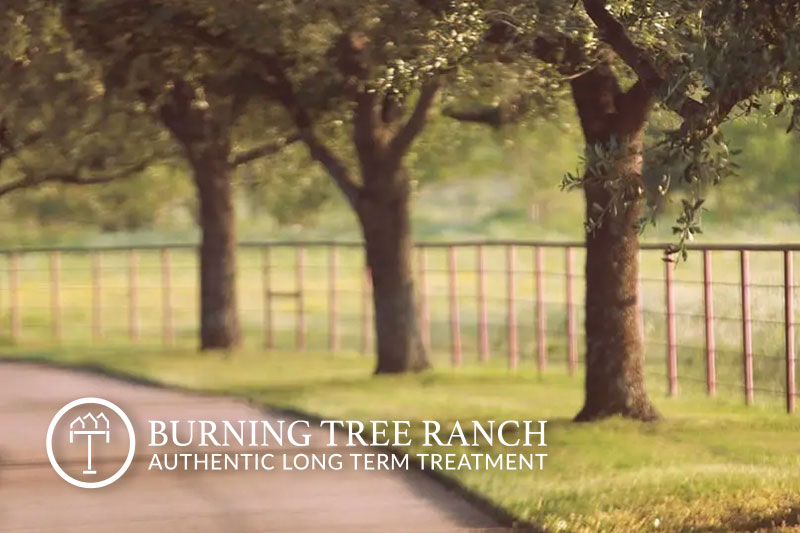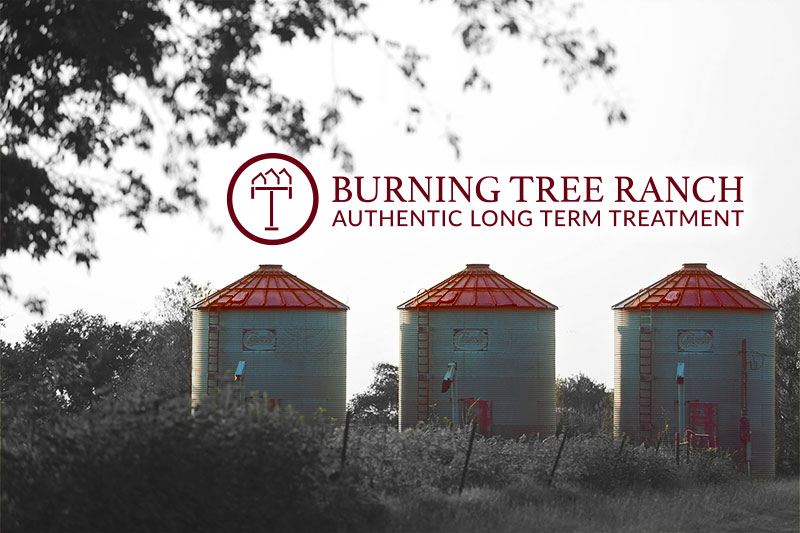OCD & Substance Abuse in a Dual Diagnosis
OCD Treatment is a crucial aspect of mental health care, addressing a condition that affects millions worldwide. Obsessive-Compulsive Disorder (OCD) is a complex psychiatric condition defined by bothersome and invasive thoughts (known as obsessions) and repetitive actions or mental acts aimed at alleviating the anxiety associated with these obsessions.
Decoding OCD: Insights from DSM-5 and Advances in Treatment
Obsessive-Compulsive Disorder (OCD) as defined in the Diagnostic and Statistical Manual of Mental Disorders, Fifth Edition (DSM-5), is a mental health disorder characterized by the presence of obsessions and/or compulsions.
Obsessions are unwanted, intrusive thoughts, images, or urges that cause distress or anxiety. Individuals with OCD often attempt to ignore or suppress these obsessions with some other thought or action.
Compulsions are repetitive behaviors or mental acts that a person feels driven to perform in response to an obsession or according to rules that must be rigidly applied. The goal is to prevent or reduce anxiety or distress or to prevent some dreaded event or situation; however, these behaviors or mental acts either are not connected realistically with what they are designed to neutralize or prevent, or they are excessive.

Key Facts and Impact on Functioning
- OCD can significantly disrupt daily life, affecting work, school, and personal relationships.
- The rituals and behaviors associated with OCD can consume hours of a person’s day, leading to significant distress and impairment in functioning.
- OCD is often associated with high levels of shame and secrecy, further complicating the individual’s social and occupational functioning.
Scientific Research
Research into OCD has shown it to be linked with abnormalities in certain areas of the brain, including the orbitofrontal cortex, anterior cingulate cortex, and striatum. Neuroimaging studies have identified these areas as crucial in the pathophysiology of OCD. Genetic factors also play a role, with family studies indicating a higher prevalence of OCD among first-degree relatives. Cognitive-behavioral models suggest that symptoms are maintained by a cycle of obsessions causing anxiety, leading to compulsive behaviors aimed at reducing this anxiety.

Non-Habit Forming Medications for OCD
Treatment typically involves a combination of psychotherapy (especially cognitive-behavioral therapy or CBT) and medication. The primary medications prescribed are selective serotonin reuptake inhibitors (SSRIs) and tricyclic antidepressants (TCAs), which are effective for many individuals.

SSRIs
- Sertraline (Brand name: Zoloft)
- Fluoxetine (Brand name: Prozac)
- Fluvoxamine (Brand name: Luvox)
- Paroxetine (Brand name: Paxil)
- Escitalopram (Brand name: Lexapro)

TCAs
Clomipramine (Brand name: Anafranil), a TCA, is specifically approved for the treatment of OCD and has shown effectiveness, though its side effect profile often makes SSRIs the first choice.
These medications are not considered habit-forming but require careful monitoring for side effects and to assess effectiveness. The choice of drug and dosage is tailored to the individual’s needs, symptoms, and medical history.
The Intersection of Substance Abuse & OCD
Final Words for Families Considering Long-Term Treatment
Accurately distinguishing between substance abuse and obsessive-compulsive disorder is crucial due to their overlapping symptoms. Understanding the nuanced ways in which substance use can have a negative impact on individuals with OCD is essential for proper diagnosis and treatment. By prioritizing comprehensive assessments that include a detailed exploration of substance use history, healthcare professionals can ensure that individuals receive the targeted support they need.
Addressing this challenge head-on will enhance the effectiveness of mental health care, leading to better outcomes for those grappling with the complexities of OCD and substance abuse.





